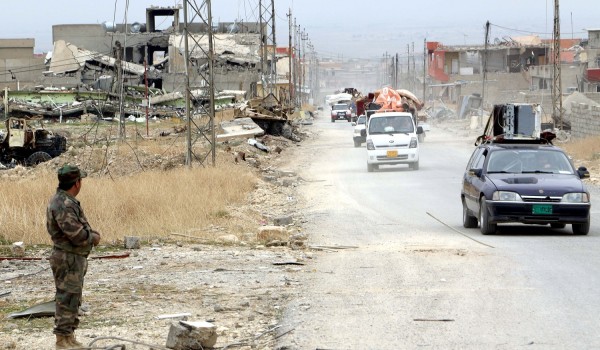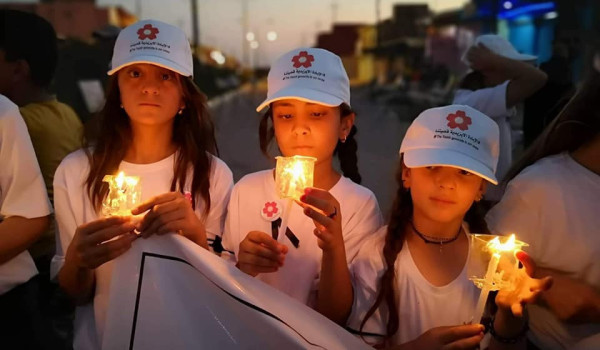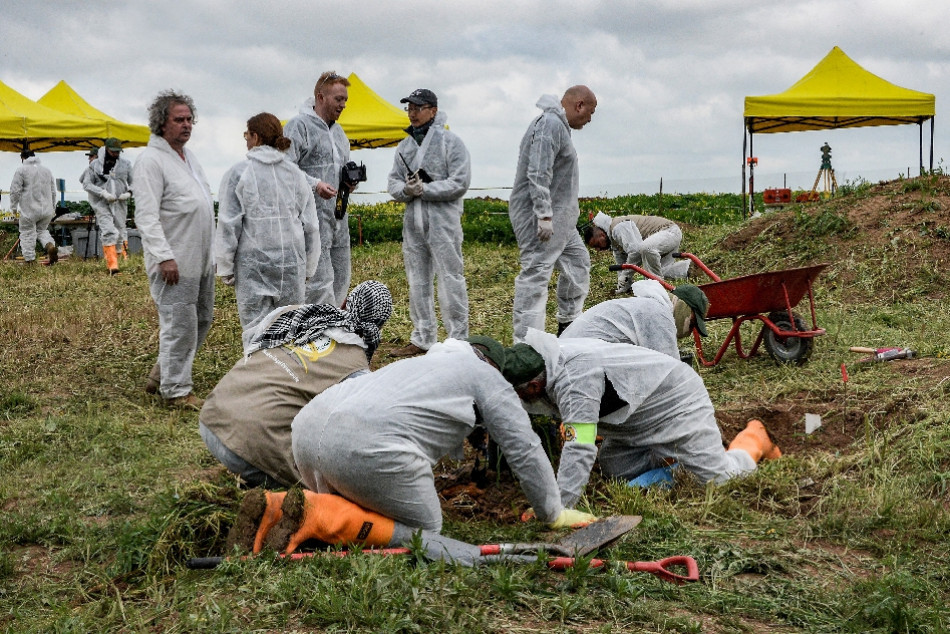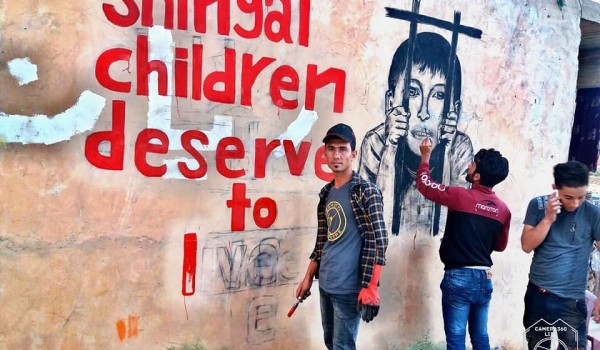Relations between the Ezidi and Arab communities in Shingal (Sinjar) which were a successful example of peaceful coexistence for long years have turned into skepticism and exchange of accusations as a repercussion of the period in which the Islamic State (IS) group ruled the district.
The town which was overrun by IS in August 2014, used to be called a mini-Iraq and an oasis of ethnic and religious coexistence; however, the situation witnessed a major turning point after the Ezidi population was exposed to numerous atrocities at the hands of IS fighters.
The tensions broke out between the two components, following the return of hundreds of Sunni Arab families to their home areas in Shingal.
“Before the arrival of IS, our relations with the Sunnis were very normal, but IS was the main reason behind the deterioration which occurred in our ties,” says Qawal Khudeda, an Ezidi resident of Shingal.
Khudeda indicated that since his return to the district he has not participated in any social occasions of the Sunni Arabs, and at the same time no Sunni Arab was invited Ezidi religious and social ceremonies, despite the historical ties between the two communities.
“Our relations with the other components inhabiting Shingal, except for the Sunni Arabs, are normal. We have refrained from sharing their joys and griefs since the IS attacks; the same thing is true for them.”

Ninewa- Displaced families return to Shingal amid scenes of massive destruction, 2015 Photo: Reuters
In late 2018, Ezidis staged protests against the return of displaced Sunni Arab families to their homes, accusing them of collaborating with IS fighters during their control of the town, and demanding that they should undergo scrutiny measures.
In August 2014, ISIS militants committed massacres against the Ezidi population in Shingal. Thousands of Ezidi women and girls were mass-abducted by the terrorist group; half of them are still missing.
Saleh Khalaf, a representative of the Sunni Arabs settled in Shingal villages, denied the accusations, saying “from 1930 until the arrival of IS in 2014, both communities were living in harmony.”
“The Arabs did not collaborate with IS, but they themselves suffered losses at the hands of IS, and were forced to flee their homes."

The Sunni Arab population is scattered in 22 villages in the environs of Shingal, near the Iraqi-Syrian border. Most of these families had fled their villages with the start of the battles to retake Shingal and other IS-controlled areas, and later returned under the supervision of the Iraqi army.
Khalaf says the Arabs are ready to “turn a new page with the Ezidi community and work to restore their social ties.”
The return process of IDPs in Iraq is conducted under strict security measures with returnees undergoing scrutiny by the national security department. If the investigations proved that any returnee was affiliated with IS, he/she would be referred to the court or be sent to camps where families of IS fighters are housed.
The head of the Sunni Religious Endowment Office in Shingal, Isma’il Muhammad, acknowledged the existence of disputes between Sunni Arabs and Ezidis which he said could escalate further.
He emphasized that several reconciliation initiatives have been launched which failed to mend the relations.
“We tried everything we could to reconcile the two communities, but we did not succeed; now we are shifting towards intervention by Baghdad authorities to resolve the issue,” Isma’il Muhammad told KirkukNow.
The head of the Sunni Religious Endowment Office, said the problems are concentrated in center of the district, indicating that the Arabs and Ezidis still in IDP camps are taking part in each other’s religious and social events.
According to statistics by the Sunni Endowment, besides the Ezidi religion’s holy sites blown up during IS control, many mosques were also destroyed by the group, adding that a small fraction of the Sunnies who fled the town have returned so far.

In addition to the Ezidis and the Sunni Arabs, Shingal is home to Shiite Arabs, Christians and other ethnic and religious minorities.
Sobhi Elyas Haidar, in charge of the Shiite religious sites in Shingal stressed that the Shiite sect “maintains strong relations with the Ezidis.”
Shingal, 120 km west of Ninewa, is predominantly-populated by Ezidi community. The town was overrun by IS on August 3, 2014, and was recaptured on November 13, 2015.





